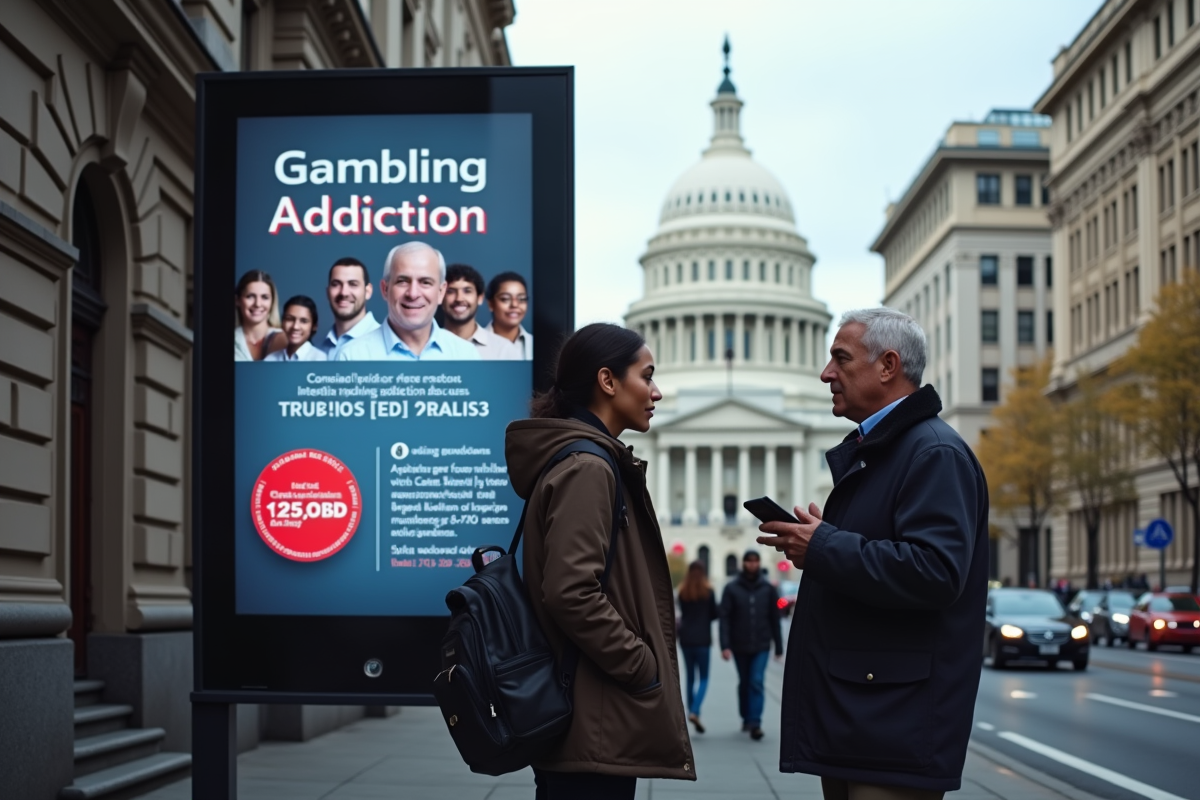
As states grapple with budget pressures and evolving public attitudes, 22 state legislatures have introduced 76 gaming-related bills in early 2025 targeting sports betting expansion, online gambling frameworks, and charitable gaming reforms. This surge in activity reflects a national trend toward regulated legalization, with lawmakers attempting to balance revenue generation against social responsibility concerns.
Regulatory Frameworks Take Center Stage
States are establishing detailed oversight mechanisms for emerging gaming sectors. Connecticut's HB05779 mandates full refunds for sports wagering errors, while New Jersey's A5196 brings sweepstakes casinos under existing internet gaming regulations. These measures aim to create consistent standards as digital platforms blur traditional gaming boundaries.
Charitable gaming operations face new restrictions and opportunities. Virginia's HB2634 allows organizations to retain 25% of electronic gaming revenues for operational costs, contrasting with New Hampshire's HB531 capping annual distributions to single charities. Such provisions reveal tensions between sustaining nonprofit fundraising and preventing financial exploitation.
Privacy vs. Transparency Debates
Michigan's HB4004 permits lottery winner anonymity, raising questions about public accountability versus personal security. This approach diverges from states like Indiana, where SB0543 creates centralized revenue tracking through a new gaming fund with mandatory disclosure requirements.
Problem Gambling Interventions Expand
Maryland's HB484 establishes a voluntary exclusion registry for fantasy sports participants, while New York's S02450 formally classifies gaming disorder as a mental health condition. Washington takes a judicial approach with HB1362, piloting gambling treatment diversion courts.
Regional Implementation Challenges
Midwestern states show particular interest in gaming employment impacts. Illinois HB1422 grants retired gaming agents firearm privileges similar to police, while Nebraska's LB280 mandates third-party audits of gaming operators. These workforce-focused measures contrast with Northeastern states' emphasis on consumer protections.
Stakeholder Impacts Diversify
- Operators: Face complex compliance requirements like Connecticut's HB05269 banning credit-funded gaming accounts
- Players: Gain new safeguards including error refund guarantees in Connecticut HB05779
- Charities: Navigate revised revenue splits in Virginia HB2634 and North Dakota HB1416
- At-Risk Groups: Access enhanced resources through Maryland's addiction hotline mandates HB484
Emerging Policy Tools
States are experimenting with novel regulatory instruments:
- Dynamic tax structures (Indiana SB0543)
- Mandatory hold percentages (Connecticut HB05564)
- Geolocation enforcement (Nebraska LR20CA)
- Marketing restrictions (New Jersey A5207)
Implementation Hurdles
Coordination challenges emerge as:
- 12 states revise agency jurisdiction over digital platforms
- 8 states debate cross-border gaming compacts
- 5 states face tribal sovereignty questions (Oklahoma HB1101)
Historic parallels exist with alcohol prohibition-era policy shifts, where gradual legalization required balancing economic and social factors. Modern gaming reforms face similar complexity in addressing technological change and addiction risks.
Looking ahead, expect increased focus on:
- AI-driven compliance monitoring
- Age verification technologies
- Revenue allocation debates
- Interstate compact negotiations
As these 76 bills progress through committees, their collective impact will shape whether states can successfully monetize gaming expansion while mitigating associated social costs. The coming year will test regulatory frameworks' ability to adapt to rapidly evolving gaming technologies and consumption patterns.
Related Bills
Charitable gaming; use of proceeds, charitable gaming adjusted gross receipts, effective date.
Creating a gambling treatment diversion court pilot program to be conducted by the administrative office of the courts.
Requires unclaimed lottery prizes to be paid into the state treasury, to the credit of the state lottery fund.
An Act Prohibiting Gaming-related Advertising, Marketing And Promotional Activities At Public Institutions Of Higher Education.
Education - Youth Suicide Prevention School Program - Revisions
Gaming: lottery; multistate lottery games; allow winner to remain anonymous. Amends sec. 25 of 1972 PA 239 (MCL 432.25).
State gaming commission rules on electronic pull tab games and deals at the end of a quarter.
Establishes the problem gambling advisory council.
GAMING BOARD ID CARDS
Authorizing persons who win the state lottery to remain anonymous.
Related Articles
You might also be interested in these articles
